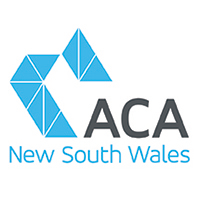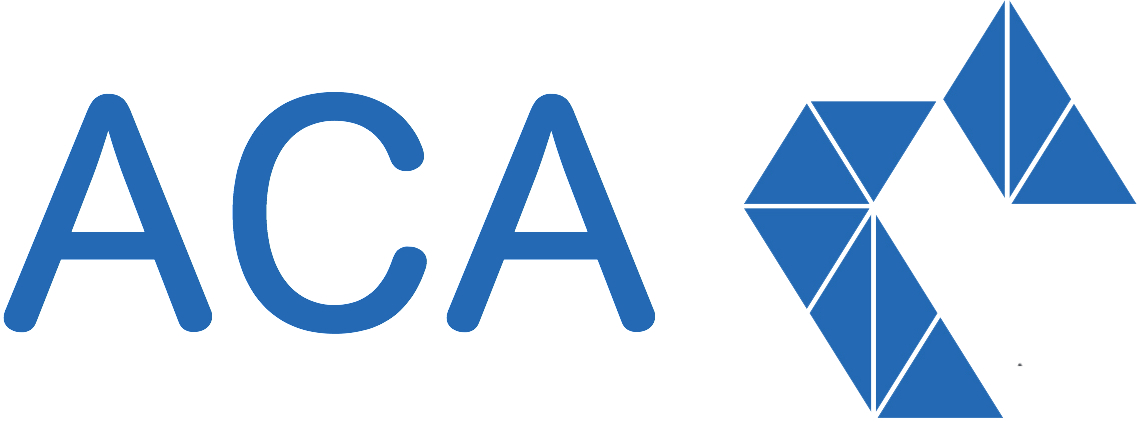The Australian Childcare Alliance (ACA) NSW has written to ACECQA and the NSW Department of Education sharing its concerns that unless Regulation 242 is extended beyond 1 January 2018, there will be significant numbers of childcare services that would risk becoming non-compliant due to a severe shortage of qualified early childhood teachers, as well as existing teachers taken to be ECTs whose employment may be put at risk.

According to the Labour Market Research – Teachers (NSW) report from the Australian Federal Government’s Department of Employment dated April 2017, it highlighted wide-ranging difficulties for recruitment particularly in NSW-based metropolitan areas as well as regional NSW in the long daycare sector. It reported that 2017 is the third consecutive year there has been a recruitment difficulty for early childhood teachers (ECTs) in NSW and follows a shortage in the occupation from 2008 to 2014.
Equally, the effective expiry of Regulation 242 after 31 December 2017 is likely to put at risk the ongoing employment of existing staff taken to be ECTs who are actively working towards an approved early childhood teaching qualification having already completed at least 50% of their course or hold an approved diploma level education and care qualification.
Without Regulation 242, approved childcare services could be obliged to consider terminating such staff members in favour of those that are fully qualified. And notwithstanding the possibility of the NSW Department of Education continuing to provide at least equivalent waivers after 31 December 2017, until clarification of such waivers are presented, there will remain uncertainty over affected staff members’ employment.
Moreover, such staff who were previously taken to be ECTs may also find their employers withdrawing financial support for their existing courses as they shift their recruitment towards fully qualified ECTs in order to achieve compliance. Such financial support for staff taken to be ECTs is quite common in existing employment arrangements. Hence, this can have an unintended adverse effect of further reducing Australian supply of qualified ECTs into the sector.
In the meantime, the sector may be obliged to seek overseas qualified equivalent ECTs to ensure compliance with the Education and Care Services National Regulations. This too can have the consequential negative effect of not supporting Australian trained ECTs as well as putting upward pressure on childcare fees for families as such overseas recruitment attracts additional costs of the Department of Immigration’s 457 visa (or its upcoming replacement, the Temporary Skill Shortage visa) application fees and associated immigration lawyer fees.
ACA NSW is aware of the Australian Children’s Education and Care Authority’s Qualification and Workforce Symposium to be held on 12 October 2017 in Sydney. ACA NSW will be ably represented by our National President, Mr Paul Mondo, who shares our concerns. Nonetheless, ACA NSW has officially asked ACECQA and the NSW Department of Education to provide practical relief to this problem by way of at least:
(a) extending Regulation 242 to apply for a few years beyond 31 December 2017; and
(b) providing automatic and no cost waivers to childcare service providers if they can provide a minimum prescribed set of evidence of genuine and persistent attempts to recruit qualified ECTs from within Australia.
ACA NSW will update its members on this issue as news emerge.








